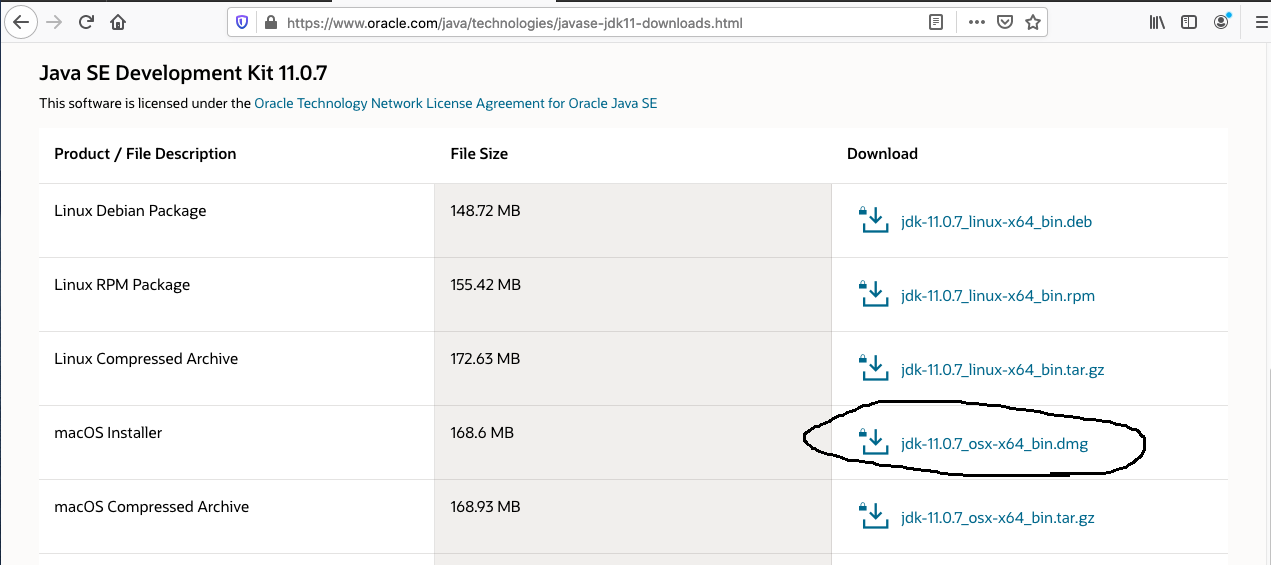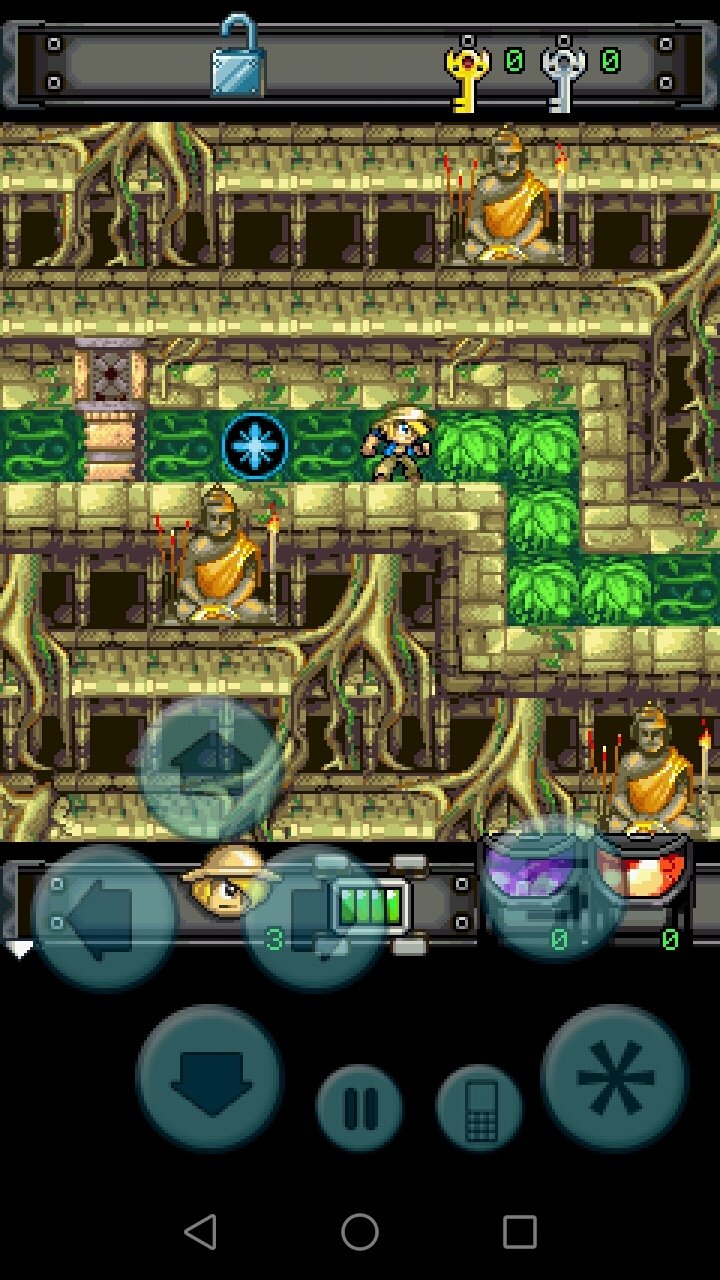When is Java going to be available for the Mac M1 Chip ?
Download Java In Mac
Several websites not really working with this computer because no Java script.
How to resolve Java SE 6 runtime message on Mac OSX 10.10 Yosemite & 10.11 El Capitan Click on the “More Info” button. Click on the Download button on the Mac support page. This will begin downloading the Java installer. Once the download is complete, click on the downloads icon on the dock to open the download folder. Java on Mac M1 Chip. When is Java going to be available for the Mac M1 Chip? Several websites not really working with this computer because no Java script. I've seen Java work-arounds (Azul).but I want the version from Oracle. Still having several problems with my Mac Mini M1. Thunderbolt-DisplayPort seems to not work after rebooting, Mouse. See 'Note for Users of OS X that Include Apple Java 6 Plug-in'. Only one JRE can be installed. Installing a JRE removes the previously installed JRE. The JRE version used by the system can be determined in one of two ways: From System Preferences click the Java icon from the Other category. This launches the Java Control Panel. How to install JDK on Mac Big SurHey, guys in this video I'm going to show you step by step process how to download java and #install #jdk on #macOSJDK Downl.
Download & Install JDK & JRE 8 on Mac OS. Open your Browser and go to the Oracle website. Go to the link given here: Scroll down until you see a heading Java SE Development Kit 8u241 followed by a table of JDK 8u241 download options. There click on ' Accept License Agreement '.
I've seen Java work-arounds (Azul)...but I want the version from Oracle.
Still having several problems with my Mac Mini M1. Thunderbolt-DisplayPort seems to not work after rebooting, Mouse and Keyboard issues (mouse lagging and keyboard sometimes types in several characters when pressing 1 key...try logging in when you have this problem...you can't ! All you can do is press the power-button and reboot)
Come on Apple...alittle more testing before you release stuff. I'm trying to be supportive...I'm trying to be patient...but stuff like this is what we used to laugh about with the PC people...
Mac mini 2018 or later
Posted on Feb 23, 2021 7:05 PM
This topic includes the following sections:
System Requirements for Installing the JDK on macOS
The following are the system requirements for installing the JDK on macOS:
Any Intel-based computer running macOS.
Administrator privileges.
You cannot install Java for a single user. Installing the JDK on macOS is performed on a systemwide basis for all users. Administrator privileges are required to install the JDK on macOS.
Determining the Default JDK Version on macOS
When starting a Java application through the command line, the system uses the default JDK.
How To Download Java In Mac
You can determine which version of the JDK is the default by entering java -version in a Terminal window. If the installed version is 12 Interim 0, Update 0, and Patch 0, then you see a string that includes the text 12. For example:
To run a different version of Java, either specify the full path, or use the java_home tool. For example:
$ /usr/libexec/java_home -v 12 --exec javac -version
Installing the JDK on macOS
- Download the JDK
.dmgfile,jdk-12.interim.update.patch-macosx-x64.dmg.Before the file can be downloaded, you must accept the license agreement.
- From either the browser Downloads window or from the file browser, double-click the
.dmgfile to start it.A Finder window appears that contains an icon of an open box and the name of the.pkgfile. - Double-click the
JDK 12.pkgicon to start the installation application.The installation application displays the Introduction window. - Click Continue.
- Click Install. A window appears that displays the message: Installer is trying to install new software. Enter your password to allow this.
- Enter the Administrator user name and password and click Install Software.The software is installed and a confirmation window is displayed.
.dmg file if you want to save disk space. Uninstalling the JDK on macOS
You must have Administrator privileges.Note:
Do not attempt to uninstall Java by removing the Java tools from /usr/bin. This directory is part of the system software and any changes will be reset by Apple the next time that you perform an update of the OS.
- Go to
/Library/Java/JavaVirtualMachines. - Remove the directory whose name matches the following format by executing the
rmcommand as a root user or by using thesudotool:/Library/Java/JavaVirtualMachines/jdk-interim.update.patch.jdkFor example, to uninstall 12 Interim 0 Update 0 Patch 0:
$ rm -rf jdk-12.jdk
Installation FAQ on macOS Platform
This topic provides answers for the following frequently asked questions about installing JDK on macOS computers.
1. How do I find out which version of Java is the system default?
When you run a Java application from the command line, it uses the default JDK. If you do not develop Java applications, then you do not need to worry about this. See Determining the Default JDK Version on macOS.
2. How do I uninstall Java?

See Uninstalling the JDK on macOS.
3. After installing Java for macOS 2012-006, can I continue to use Apple's Java 6 alongside the macOS JDK for Java 12?
If you want to continue to develop with Java 6 using command-line, then you can modify the startup script for your favorite command environment. For bash, use this:
Download Java 8 In Mac
$ export JAVA_HOME=`/usr/libexec/java_home -v 12`


Some applications use /usr/bin/java to call Java. After installing Java for macOS 2012-006, /usr/bin/java will find the newest JDK installed, and will use that for all of the Java-related command-line tools in /usr/bin. You may need to modify those applications to find Java 6, or contact the developer for a newer version of the application.
4. Can I restore Apple Java after uninstalling Oracle Java?
Go back to Apple Java using the following instructions:
Uninstall Oracle Java by deleting the plug-in file. From a command-line, enter:
$ sudo rm -rf '/Library/Internet Plug-Ins/JavaAppletPlugin.plugin'Create a symlink using the following command, entered on a single line:
$ sudo ln -s /System/Library/Java/Support/CoreDeploy.bundle/Contents/JavaAppletPlugin.plugin '/Library/Internet Plug-Ins/JavaAppletPlugin.plugin'
Download Java 1.8 In Mac
5. What happened to the Java Preferences app in Application Utilities?
Download Java In Mac
The Java Preferences app was part of the Apple Java installation and is not used by Oracle Java. Therefore, macOS releases from Apple that do not include Apple Java will not include Java Preferences.